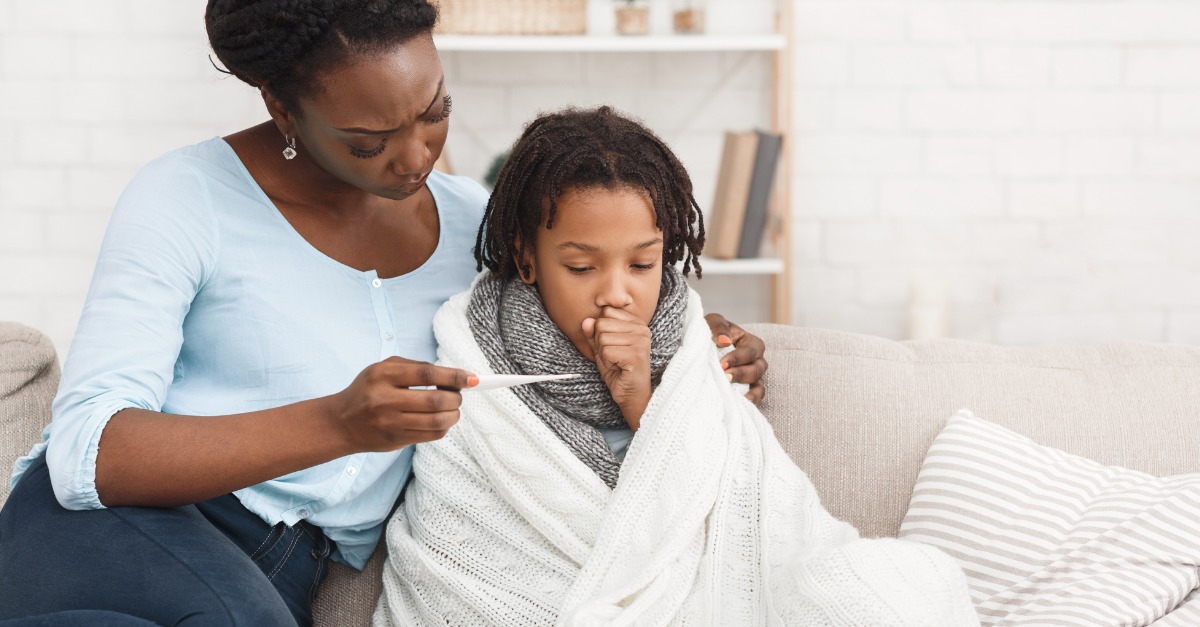When it comes to post-holiday health, we tend to focus on resolutions like eating well or exercising more. But it’s hard to stay committed to resolutions when you’re sick, which is why illness prevention should be a priority. Contagious viruses like COVID-19, the flu, and RSV are circulating this time of year, but there are several things you can do to prevent getting sick, and recover quickly if you do catch a bug.
Illness Prevention
To safeguard yourself against the discomfort and inconvenience of sometimes unavoidable winter illnesses, be sure you’re practicing these preventative steps.
Get Vaccinated
If you haven’t already done so, visit us for your annual flu shot. It’s best to get vaccinated early in the flu season so you have the longest span of protection — but it’s not too late to receive your injection now. Keep in mind that you need a new shot each flu season, as doses are reformulated each year to fight the most recent strains.
In addition to the flu shot, you may also be due for an updated COVID-19 vaccine. This will depend on when your last shot was given and which type you got, but our providers can help determine if you’re eligible for a booster.
Respiratory syncytial virus (RSV) is another seasonal illness that can cause coughing, wheezing, and phlegm production. Most people will experience cold-like symptoms, but elderly people and young children may develop more severe symptoms. In 2023, the FDA approved RSV vaccinations for infants, toddlers, expecting mothers, and people over the age of 60.
Wash Your Hands Frequently
Outside of staying up-to-date with your vaccines, hand hygiene is the best approach for preventing contagious illnesses. As a refresher, you’ll want to wash your hands with soap and water for at least 20 seconds before preparing or eating food, after using the bathroom, and more frequently if you’re caring for someone who’s sick. Hand sanitizer works in a pinch, but washing your hands is still the most effective way to eliminate germs that cause illnesses.
What to Do If You Get Sick
Since COVID-19, the flu, and RSV are highly contagious, it’s possible to get sick despite staying careful. Even with up-to-date vaccines, you could still contract these infections, since immunization isn’t 100% effective. The good news is that your case will likely be milder if you’ve been vaccinated.
If you feel as if you’re coming down with something, start taking care of yourself right away. Hydrate with plenty of water or electrolyte beverages to replenish any fluids you lose, and get lots of rest. Use over-the-counter medications to treat symptoms like body aches and fever. If possible, avoid close contact with other people to avoid spreading the virus. And be sure that shared surfaces like light switches and door knobs are sanitized with disinfecting wipes.
With proper home care, most people won’t need to visit the doctor for treatment of the flu, COVID-19, or RSV. Just be sure to watch for severe symptoms like dehydration, difficulty breathing, persistent vomiting, or a fever that improves and then worsens. These may call for prompt care from a doctor, so visit our QuickCare Clinic for immediate aid.
Visit Our QuickCare Facilities For Convenient Testing
The last thing you need when you’re not feeling well is a long wait to see a doctor. Our QuickCare Clinic makes urgent care fast and convenient with caring professionals at the ready. In addition to offering immediate care for cold and flu symptoms, we also offer hassle-free flu shots and COVID-19 testing. Find out more about our QuickCare facilities by calling 770-463-4644.

